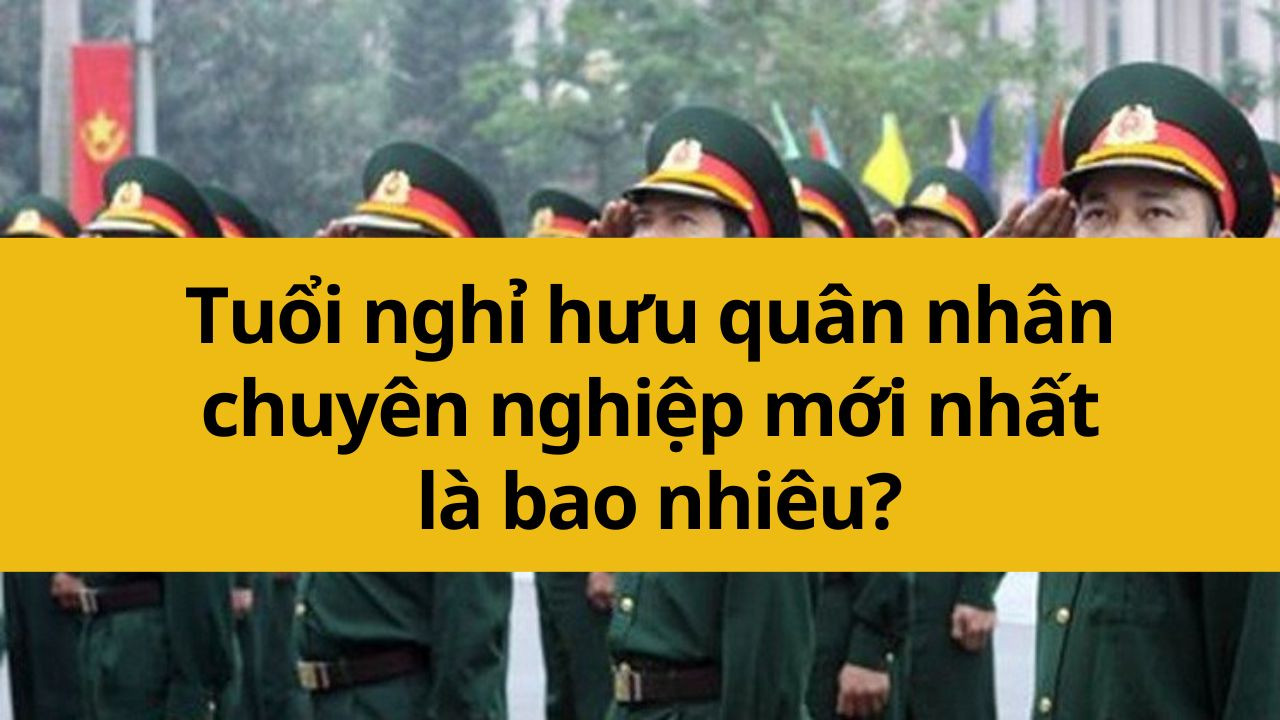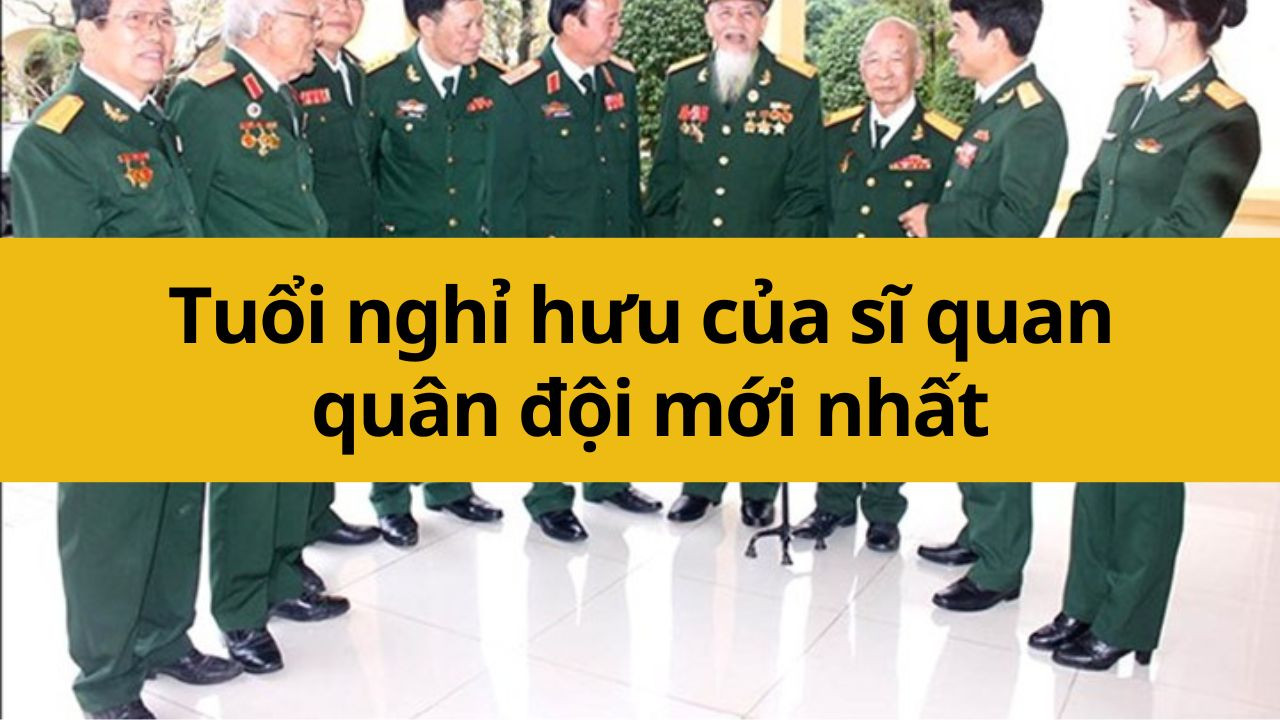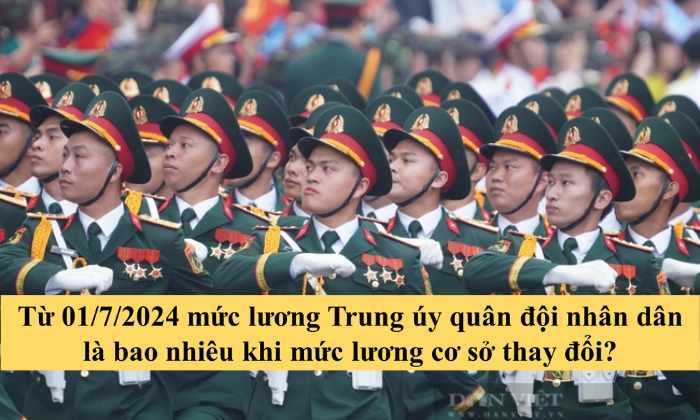 Tìm kiếm
Tìm kiếm
Chương 5 Luật Sĩ quan Quân đội nhân dân Việt Nam 1999: Quản lý nhà nước về sĩ
| Số hiệu: | 16/1999/QH10 | Loại văn bản: | Luật |
| Nơi ban hành: | Quốc hội | Người ký: | Nông Đức Mạnh |
| Ngày ban hành: | 21/12/1999 | Ngày hiệu lực: | 01/04/2000 |
| Ngày công báo: | 15/02/2000 | Số công báo: | Số 6 |
| Lĩnh vực: | Bộ máy hành chính | Tình trạng: | Còn hiệu lực |
TÓM TẮT VĂN BẢN
Văn bản tiếng việt
Văn bản tiếng anh
Nội dung quản lý nhà nước về sĩ quan bao gồm:
1. Ban hành và hướng dẫn thực hiện các văn bản quy phạm pháp luật về sĩ quan;
2. Lập quy hoạch, kế hoạch xây dựng đội ngũ sĩ quan;
3. Chỉ đạo và tổ chức thực hiện việc đào tạo, bồi dưỡng, quản lý, bố trí, sử dụng sĩ quan; chính sách, chế độ đối với đội ngũ sĩ quan;
4. Chỉ đạo, tổ chức việc thanh tra, kiểm tra, giải quyết các khiếu nại, tố cáo, khen thưởng, xử lý vi phạm đối với sĩ quan và việc thi hành các quy định của Luật này.
1. Chính phủ thống nhất quản lý nhà nước về sĩ quan.
2. Bộ Quốc phòng chịu trách nhiệm trước Chính phủ thực hiện việc quản lý nhà nước về sĩ quan; chủ trì phối hợp với các Bộ, cơ quan ngang Bộ, cơ quan thuộc Chính phủ, Uỷ ban nhân dân tỉnh, thành phố trực thuộc trung ương để thực hiện việc quản lý nhà nước về sĩ quan.
3. Các Bộ, cơ quan ngang Bộ, cơ quan thuộc Chính phủ trong phạm vi nhiệm vụ, quyền hạn của mình có trách nhiệm phối hợp với Bộ Quốc phòng thực hiện việc quản lý nhà nước về sĩ quan; đào tạo, cung cấp cho quân đội những cán bộ phù hợp với yêu cầu quân sự; ưu tiên tiếp nhận, bố trí việc làm cho sĩ quan đã hoàn thành nhiệm vụ trong quân đội, có đủ điều kiện chuyển ngành theo kế hoạch của Chính phủ; bảo đảm điều kiện để thực hiện chính sách, chế độ đối với sĩ quan tại ngũ, sĩ quan thôi phục vụ tại ngũ và gia đình sĩ quan.
Chính quyền địa phương các cấp trong phạm vi nhiệm vụ, quyền hạn của mình có trách nhiệm:
1. Giáo dục hướng nghiệp, tạo nguồn đào tạo sĩ quan trong thanh niên;
2. Ưu tiên tiếp nhận, bố trí việc làm đối với sĩ quan chuyển ngành, phục viên;
3. Đăng ký, quản lý, tạo điều kiện để sĩ quan dự bị hoàn thành nhiệm vụ theo quy định của pháp luật;
4. Thực hiện các chế độ, chính sách đối với sĩ quan và gia đình sĩ quan cư trú hợp pháp tại địa phương.
STATE MANAGEMENT REGARDING OFFICERS
Article 45.- The contents of State management regarding officers
The contents of State management regarding officers shall include:
1. Promulgating and guiding the implementation of, legal documents on officers;
2. Drawing up planning and plans for building the contingent of officers;
3. Guiding and organizing the implementation of training, fostering, management, arrangement, employment of officers; policies and regimes towards officers;
4. Directing, organizing the inspection, examination and settlement of complaints and denunciations, commendation, handling of violations by officers and the implementation of the provisions of this Law.
Article 46.- Responsibility of the Government, the ministries, the ministerial-level agencies and the agencies attached to the Government
1. The Government exercises unified State management regarding officers.
2. The Ministry of Defense shall take responsibility before the Government for exercising the State management over officers; assume the prime responsibility and coordinate with the ministries, the ministerial-level agencies, the agencies attached to the Government, the People�s Committees of the provinces and centrally-run cities in performing the State management regarding officers.
3. The ministries, the ministerial-level agencies, the agencies attached to the Government shall, within the scope of their respective tasks and powers, have to coordinate with the Ministry of Defense in performing the State management regarding officers; train and supply the army with cadres suited to the military requirements; give priority to accepting and employing officers who have fulfilled their tasks in the army, fully meet the conditions for transfer according to the Government’s plans; ensure conditions for implementation of policies and regimes towards active officers, demobilized officers and officers’ families.
Article 47.- Responsibility of local administrations at all levels
The local administrations at all levels shall, within the scope of their tasks and powers, have the responsibility to:
1. Provide vocational guidance education, create sources of officers’ training among the youth;
2. Give priority to accepting and employing transferred and demobilized officers;
3. Register, manage and create conditions for reserve officers to fulfill their tasks according to the provisions of law;
4. Observe regimes and policies towards officers and their families residing lawfully in the localities.
Cập nhật
Bài viết liên quan
Tuổi nghỉ hưu của quân nhân chuyên nghiệp mới nhất 2025 là bao nhiêu?

Tuổi nghỉ hưu của quân nhân chuyên nghiệp mới nhất 2025 là bao nhiêu?
Tuổi nghỉ hưu của quân nhân chuyên nghiệp là một trong những vấn đề quan trọng trong việc quản lý nhân sự trong quân đội. Mỗi năm, các quy định về độ tuổi nghỉ hưu có thể được điều chỉnh để phù hợp với yêu cầu công tác và sự phát triển của lực lượng vũ trang. Trong năm 2025, độ tuổi nghỉ hưu của quân nhân chuyên nghiệp đã được quy định cụ thể, nhằm đảm bảo sự ổn định và hiệu quả trong công tác tổ chức, điều động nhân sự. Bài viết này sẽ cập nhật thông tin về tuổi nghỉ hưu của quân nhân chuyên nghiệp theo quy định mới nhất. 31/12/2024Sĩ quan quân đội khi nghỉ hưu thì được hưởng những quyền lợi gì mới nhất 2025?

Sĩ quan quân đội khi nghỉ hưu thì được hưởng những quyền lợi gì mới nhất 2025?
Việc nghỉ hưu của sĩ quan quân đội không chỉ đánh dấu một chặng đường dài phục vụ tổ quốc mà còn gắn liền với các quyền lợi và chế độ đặc biệt, nhằm đảm bảo đời sống ổn định cho họ sau khi rời quân ngũ. Trong năm 2025, các quy định về quyền lợi của sĩ quan nghỉ hưu có những điểm mới quan trọng, bao gồm chế độ lương hưu, trợ cấp một lần, cũng như các quyền lợi về khám chữa bệnh, nhà ở, và các phúc lợi khác. Bài viết này sẽ cập nhật các quyền lợi mà sĩ quan quân đội được hưởng khi nghỉ hưu theo các quy định mới nhất, nhằm giúp hiểu rõ hơn về chế độ chính sách dành cho họ. 31/12/2024Tuổi nghỉ hưu của sĩ quan quân đội mới nhất 2025

Tuổi nghỉ hưu của sĩ quan quân đội mới nhất 2025
Trong quân đội, việc xác định tuổi nghỉ hưu của sĩ quan là một vấn đề quan trọng, ảnh hưởng trực tiếp đến công tác tổ chức và điều động cán bộ. Mỗi năm, các quy định về tuổi nghỉ hưu có thể được điều chỉnh nhằm đáp ứng yêu cầu phát triển của lực lượng vũ trang và tình hình thực tế của đất nước. Bài viết này sẽ cập nhật thông tin mới nhất về tuổi nghỉ hưu của sĩ quan quân đội, giúp hiểu rõ hơn về các quy định và chính sách liên quan. 31/12/2024Từ 01/7/2024 mức lương Trung úy quân đội nhân dân là bao nhiêu khi mức lương cơ sở thay đổi?

Từ 01/7/2024 mức lương Trung úy quân đội nhân dân là bao nhiêu khi mức lương cơ sở thay đổi?
Từ ngày 01/7/2024, mức lương cơ sở sẽ có sự điều chỉnh, kéo theo những thay đổi về thu nhập của cán bộ, công chức, viên chức, và lực lượng vũ trang, bao gồm cả Quân đội nhân dân Việt Nam. Đối với Trung úy - một trong những cấp bậc sĩ quan quan trọng trong quân đội, câu hỏi đặt ra là mức lương của họ sẽ thay đổi như thế nào khi áp dụng mức lương cơ sở mới? Bài viết này sẽ cung cấp thông tin chi tiết về mức lương của Trung úy Quân đội nhân dân sau khi mức lương cơ sở chính thức điều chỉnh vào tháng 7/2024. 09/11/2024Binh sĩ dự bị hạng hai bao gồm những đối tượng nào? Huấn luyện binh sĩ dự bị hạng hai phải đạt những yêu cầu gì?


 Luật Sĩ quan Quân đội nhân dân Việt Nam 1999 (Bản Word)
Luật Sĩ quan Quân đội nhân dân Việt Nam 1999 (Bản Word)